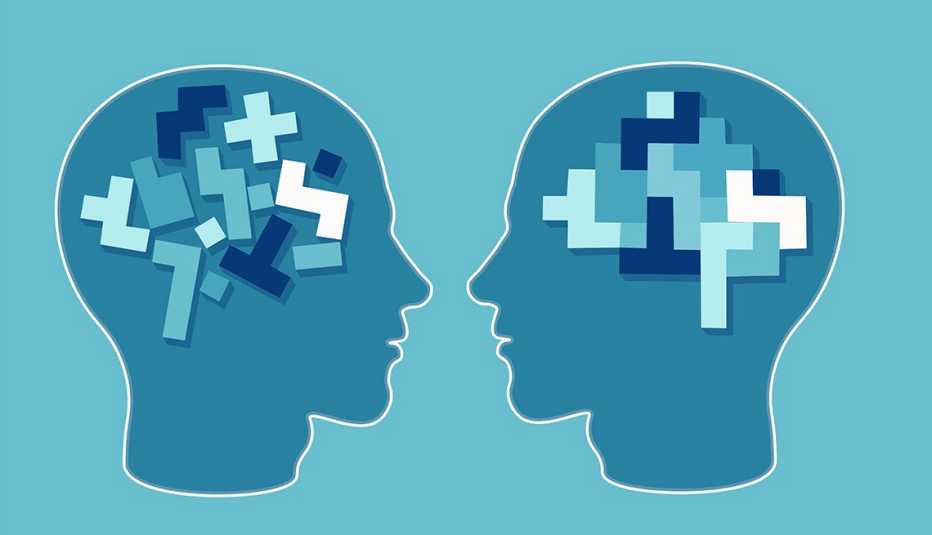Introduction: Dementia is a complex and progressive condition that affects millions of individuals worldwide, as well as their families and caregivers. Despite its prevalence, dementia remains widely misunderstood. In this blog post, we'll explore what dementia is, its types, causes, symptoms, caregiving challenges, and ways to provide support and hope to those affected.
What is Dementia? Dementia is not a specific disease but rather a group of symptoms characterized by a decline in cognitive function severe enough to interfere with daily life. It affects memory, thinking, behavior, and the ability to perform everyday tasks. Alzheimer's disease is the most common cause of dementia, but there are several other types, each with its unique features.
Types and Causes of Dementia: Some common types of dementia include:
- Alzheimer's disease
- Vascular dementia
- Lewy body dementia
- Frontotemporal dementia
- Mixed dementia (a combination of different types)
Dementia can have various underlying causes, including neurodegenerative diseases, vascular disorders, traumatic brain injuries, and certain infections or toxins.
Symptoms and Progression: Symptoms of dementia can vary depending on the type and stage of the condition but often include:
- Memory loss
- Difficulty in communication and language
- Impaired judgment and reasoning
- Changes in mood or behavior
- Challenges in completing familiar tasks
Dementia typically progresses gradually over time, with symptoms worsening as the condition advances.
Challenges for Caregivers: Caring for someone with dementia can be emotionally and physically demanding. Caregivers may face challenges such as managing behavioral changes, providing personal care, ensuring safety, and balancing caregiving with other responsibilities. Support from healthcare professionals, respite care services, and caregiver support groups can be invaluable resources.
Supporting Individuals with Dementia: While there's currently no cure for most types of dementia, there are ways to support individuals living with the condition:
- Creating a safe and supportive environment at home
- Establishing routines and using memory aids to help with daily tasks
- Engaging in meaningful activities and social interactions
- Encouraging physical exercise and a healthy diet
- Seeking medical treatment and support services to manage symptoms and improve quality of life
Embracing Hope and Advocacy: Despite the challenges posed by dementia, there is hope in ongoing research, advancements in treatment, and efforts to promote awareness and understanding. By advocating for dementia-friendly communities, supporting research initiatives, and fostering a culture of empathy and inclusion, we can make a positive difference in the lives of those affected by dementia.
Conclusion: Dementia is a journey filled with unique challenges and uncertainties, but with knowledge, support, and compassion, we can navigate this journey together. By understanding the condition, providing support to individuals and caregivers, and advocating for greater awareness and resources, we can create a more dementia-friendly world where everyone is valued and supported with dignity and respect.

